What are the causes and symptoms of 'burnout syndrome' and how to deal with them?

There are many people who have experienced 'burnout syndrome', such as when they work too hard and get tired, or when they feel physically and psychologically burdened by a pile of work and tasks. An animation about mental health and psychology that shows what causes burnout syndrome, what symptoms it produces, and how to deal with it when you feel it.
Your Body Knows You're Burned Out (And what to do)-YouTube
While industrialization and the development of IT have brought about many advances, `` burnout syndrome '' is said to have been born in the 1970s as a side effect. Psychologist Herbert Freudenberger defines burnout as a debilitating condition caused by persistent work-related stress that leads to loss of motivation, emotional decline, and reduced resistance to disease. bottom.

In recent years, Freudenberger's definition has broadened to include physical, emotional, or mental exhaustion in general. This is thought to be the result of long-term stress, endurance of physical or mental exertion in excess of an acceptable amount of work, resulting in decreased motivation, poor performance, and negative attitudes.

It is also said that the concept of burnout syndrome has been revived due to the epidemic of the new coronavirus. While the progress of the shift to remote work seems to have made it easier to tackle work, the line between private life at home and work may become blurred, which may interfere with life. I have. As a result, we observe typical emotional and mental symptoms of burnout, such as poor concentration and decreased motivation.

In the movie, there are seven signs of burnout syndrome, and they list signs and how to deal with each.

The first is “general fatigue,” the most obvious sign of burnout. It's not just physical 'work fatigue', but if you feel 'fatigue' that affects your mental side, such as being easily emotional, it also affects your mental and emotional health.
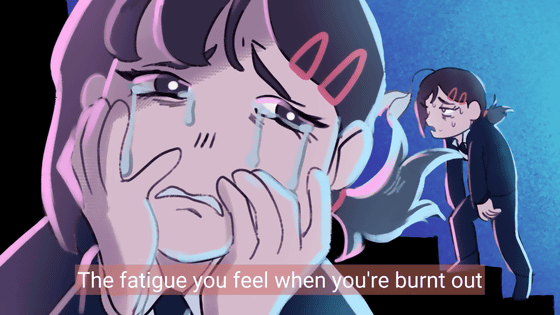
A major cause of fatigue is stress. Because stress consumes so much energy, chronic stress is like keeping your muscles under tension for a long time, which can quickly lead to pain and injury.
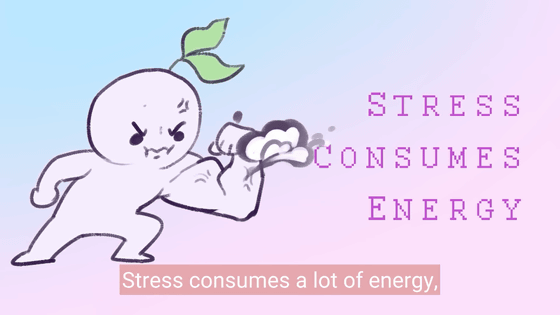
In addition to affecting sleep and eating habits, chronic stress consumes a lot of energy by excessively producing
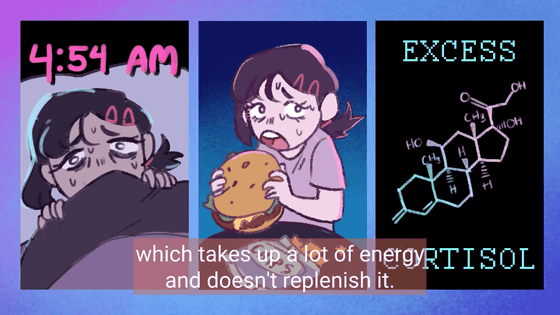
According to postdoctoral researcher Robert Jester, burnout causes extreme fatigue and sleep doesn't help. A great way to reduce fatigue and cortisol production is to set aside 10 minutes of your day to close your eyes and relax by focusing on your breathing.

As a second sign of burnout, Psych2Go cites an “increased craving for sweets.” It is thought that when you are under excessive stress, you consume a lot of glucose in your body, and you seek sweets as a response to replenish it. Also, when you are under stress, you consume a lot of energy, so you may be looking for sugar to replenish your energy. However, if you consume a lot of glucose and do not consume it through exercise, etc., the risk of diabetes increases as an overdose of glucose.
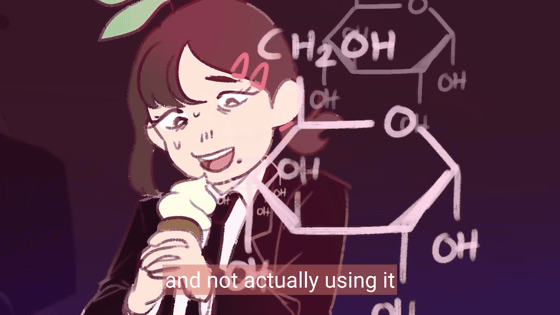
The third symptom is a “
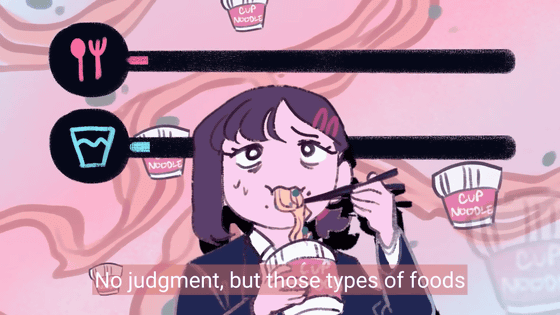
Dietary adjustments can be an important factor, so Psych2Go advises setting aside 30 minutes on the weekend to plan what you're going to eat for the coming week, and to include more vegetables in your ready-to-eat meals. doing. Also, if you don't like to plan ahead, cooking yourself is encouraged, but simple meals require fewer ingredients, so try to be as creative as you can by searching for recipes on the internet. It is said that it is good to cook.
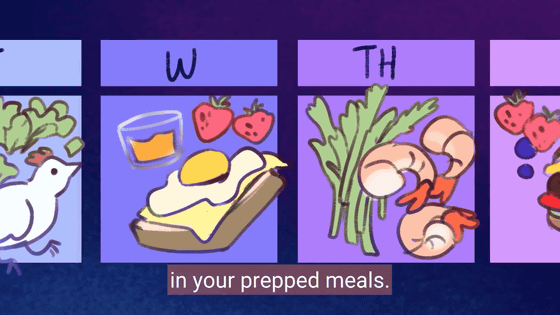
The fourth sign of burnout syndrome is 'high blood pressure'. As a result of burnout syndrome, high blood pressure may occur due to excessive sugar intake and dietary changes, but high blood pressure seems to appear as a symptom. High blood pressure is caused by diet and often by chronic stress. According to
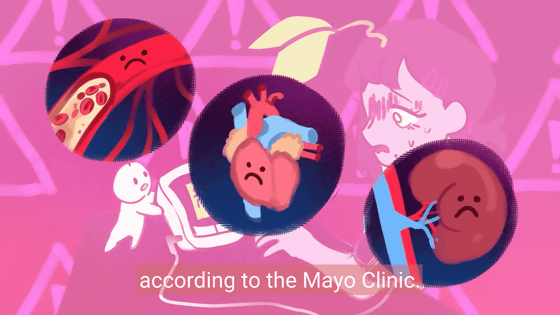
Exercise is considered the best way to reduce stress and keep blood pressure more stable. Light training, stretching, and Tai Chi will tire your body, but it won't add to your stress.
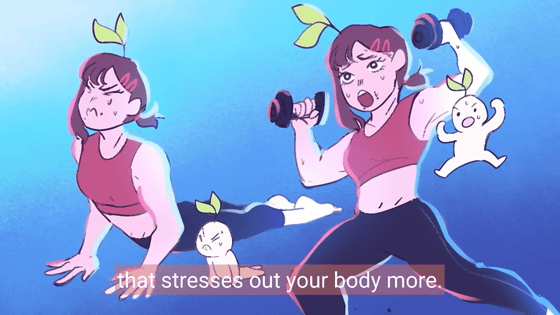
The fifth sign is about heart problems. Sustained high blood pressure due to stress can lead to stroke and other heart problems. Cardiologist Dr. Marie-Noel Langan says heart problems, such as throbbing and rapid heart rate, can occur occasionally, but if they occur frequently or last longer than a few seconds, , it is recommended to undergo a medical examination. Lack of water also affects your pulse, so it is advisable to drink plenty of water and consult a medical institution if you feel even the slightest bit uneasy.
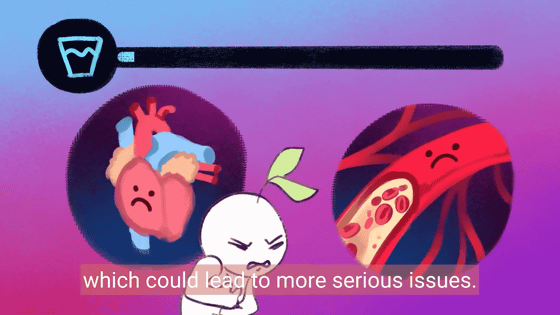
Sixth, burnout puts a lot of strain on your stomach and intestines, which can lead to inflammation. Many studies have been conducted in recent years to clarify the relationship between the gastrointestinal tract and psychological conditions, and the cause is that the body tries to produce a lot of energy when it is stressed, so it tries to save the energy used for digestion. is suggested. So, if you're constantly stressed, your food won't be digested properly, putting your stomach at risk.
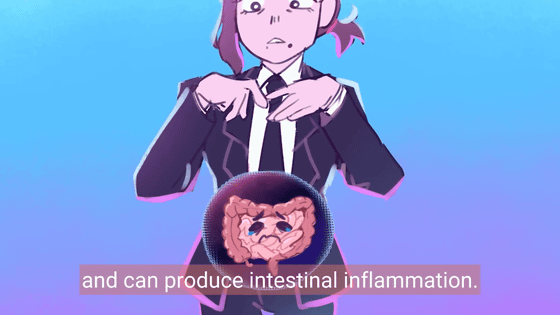
A 2013
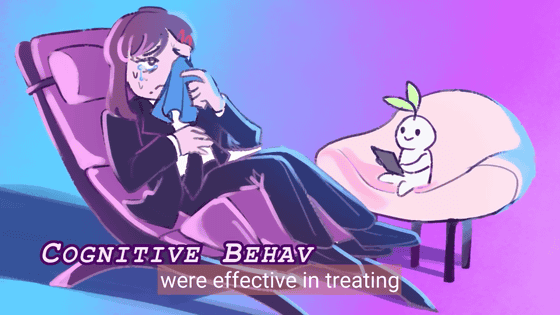
A seventh problem that manifests itself as a symptom of burnout is insomnia. Insomnia is a common symptom of stress, and going to bed with anxiety can haunt you before you go to bed and prevent you from sleeping well. The best way to deal with insomnia is to try to stay calm, and regular exercise can also help. A 2013 study by Chicago's
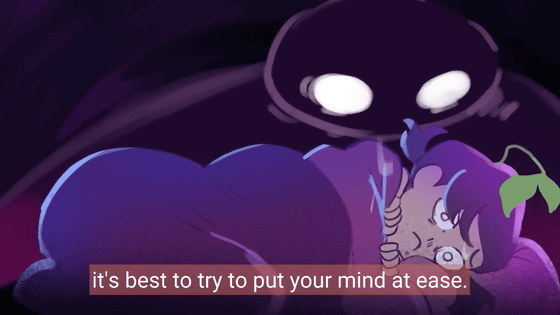
Burnout is sometimes thought of as a mild mental state, but it is a serious one that can lead to serious illness. Find ways to make life easier, like asking your boss to take time off from work when you feel the slightest hint, reviewing and prioritizing your to-do list, and making sure your schedule includes breaks. is important.

Related Posts:
in Video, Posted by log1e_dh







